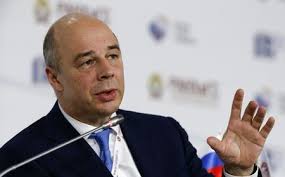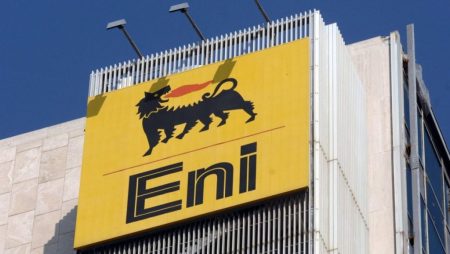
Abuja — Nigerian state-oil company NNPC said on Thursday it has no plans to raise petrol prices after a second devaluation of the local naira currency in less than a year, following speculation that it could increase prices to recover some of its import costs.
The official naira exchange rate last week plunged to as low as 1,531 per dollar from 900, well below black market levels, after the market regulator changed its closing rate calculation methodology, in a de facto devaluation.
The official rate had been drifting towards parallel market levels as forex shortages funneled demand to unofficial sources.
The Nigerian National Petroleum Corporation (NNPC), — the sole importer of petrol because local private firms are unable to obtain foreign currency — urged Nigerians to disregard the speculation about price rises, adding that “there are no plans for an upward review of the (petrol) price.”
Petrol prices have not budged since last July when President Bola Tinubu scrapped a popular but costly fuel subsidy and lifted restrictions on currency trading which more than tripled petrol prices.
This was a move the president hoped would revive sluggish economic growth, but the reforms pushed inflation to a nearly three-decade high in December, worsening a cost-of-living crisis.
Tinubu has been under pressure from unions to offer relief to households and small businesses after he scrapped the subsidy that kept petrol prices low but cost the government $10 billion in 2022.
The president has said he was aware of the hardship caused by removing the subsidy and was monitoring the effects of the exchange rate and inflation on gasoline prices, adding that he would intervene if and when necessary.
Nigeria’s main unions on Thursday gave a two-week ultimatum to the government to meet demands ranging from a wage increase to improved access to public utilities among others, and said it regretted government’s failure to uphold pledges to cushion the effects of reforms.
*Camillus Eboh, Chijioke Ohuocha. Editing: Jane Merriman – Reuters



